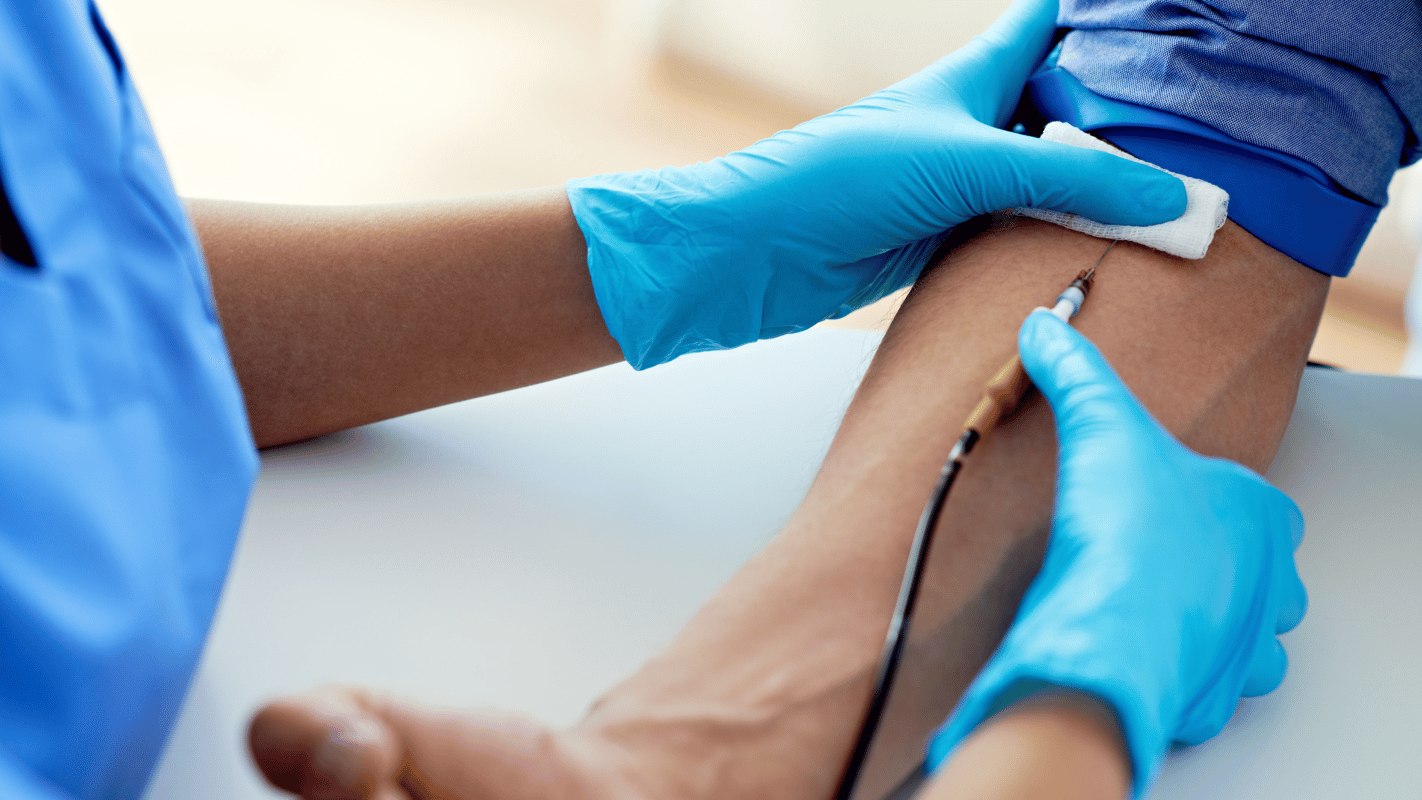How to Become a Phlebotomist in South Dakota

What is Phlebotomy?
Phlebotomy is the practice of drawing blood from patients for medical testing, transfusion, or research purposes. Phlebotomists are responsible for collecting blood samples, labeling them correctly, and ensuring the safety and comfort of patients throughout the process.
How do I get a job as a Phlebotomist?
Once you have your Phlebotomy certification, you can start applying for Phlebotomy jobs in healthcare facilities, diagnostic laboratories, and other settings. Many employers may also require additional on-the-job training or a background check.
Career Paths and Opportunities after Becoming a Phlebotomist
With a Phlebotomy certification, you can pursue a variety of career paths, including working as a Phlebotomist in a hospital, clinic, or laboratory setting. Some Phlebotomists may also choose to further their education and become medical assistants, nurses, or other healthcare professionals.
Final Thoughts
Becoming a Phlebotomist in South Dakota can be a rewarding career path, with opportunities to work in a variety of healthcare settings and contribute to the overall well-being of patients. By completing the necessary training and certification requirements, you can start your journey towards a fulfilling career as a Phlebotomist.
Dreambound offers a window into various career paths, so if you're considering a shift in your career, browse through these articles:

Athena is Co-founder and CEO of Dreambound.




